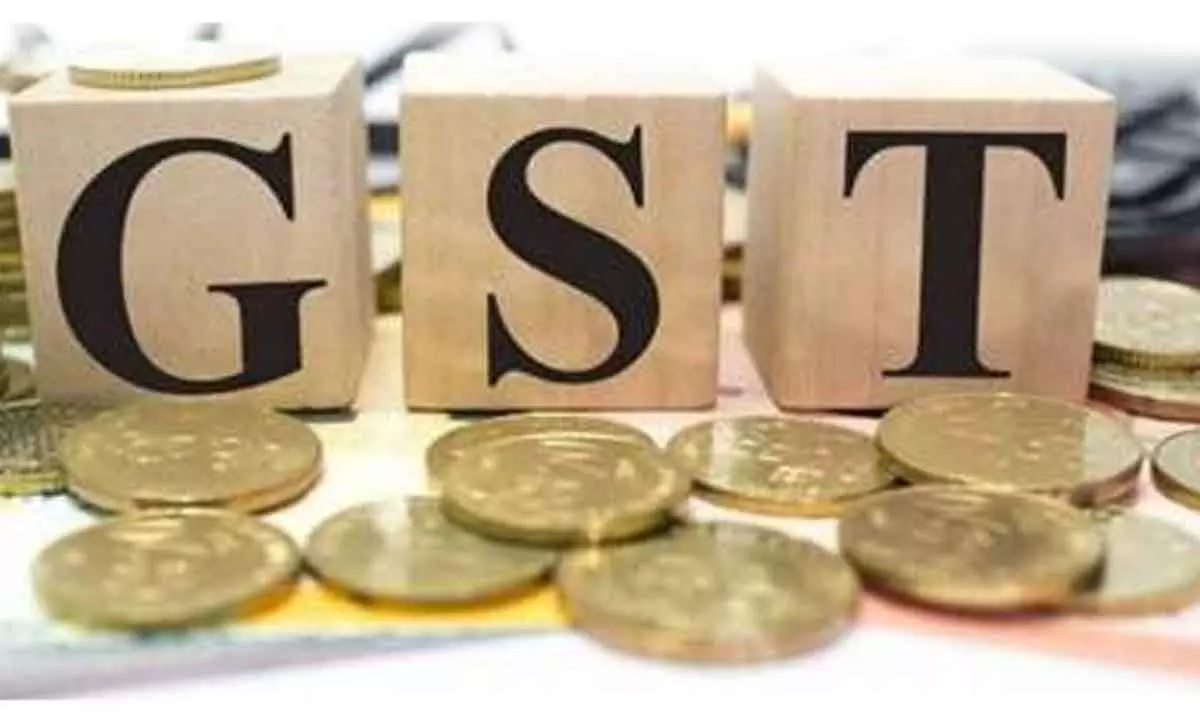New GST rules on anvil
Businesses may have to explain discrepancy in ITC claims
image for illustrative purpose

New Delhi The GST Council is likely to decide on a new rule in GST law under which businesses would be required to explain the reasons for excess input tax credit (ITC) claimed or deposit the amount with the exchequer, sources said.
They said the Law Committee, comprising tax officers from Centre and states, has opined that where the ITC availed in GSTR-3B return exceeds the amount of ITC available in accordance with the auto-generated statement GSTR-2B by a specified threshold, the registered person may be intimated on the portal about such difference and be directed to either explain the difference or pay the excess ITC along with interest.
The Committee has suggested that the provision should kick in if the difference is more than 20 per cent and more than Rs 25 lakh. GST Council is likely to take a final call on the recommendation of the Committee in its 50th meeting on July 11. Currently, businesses use taxes paid by their suppliers commonly referred to as ITC to offset their GST liability while paying taxes in GSTR-3B. In cases where the difference in tax liability declared in GSTR-1 and GSTR-3B exceeds the specified threshold of Rs 25 lakh and 20 per cent, the businesses are required to explain the reason for discrepancy or deposit the taxes. The GST Network in the backend prepares GSTR-2B form, which is an auto-drafted ITC statement indicating availability and non-availability of ITC to the taxpayer against each document filed by his suppliers.
The Law Committee, sources said, is of the view that the registered person should not be allowed to file monthly statement of outward supplies or GSTR-1, unless he has explained the reasons for discrepancy to the satisfaction of the tax officer or deposited the excess the ITC claimed.
A similar anti-tax evasion move was implemented by the GST officers last month in cases of mismatch in tax liability declared in GSTR-1 and tax paid in GSTR-3B. The move is aimed at curbing instances of fake invoicing. Fraudsters usually use this route to wrongfully avail ITC with no actual supply of goods or services.
The GST authorities have already initiated a two months long special drive to unearth fake registration under Goods and Services Tax (GST).

